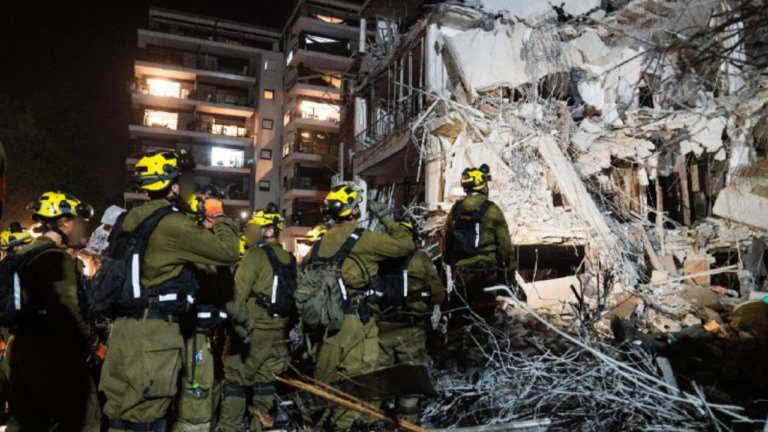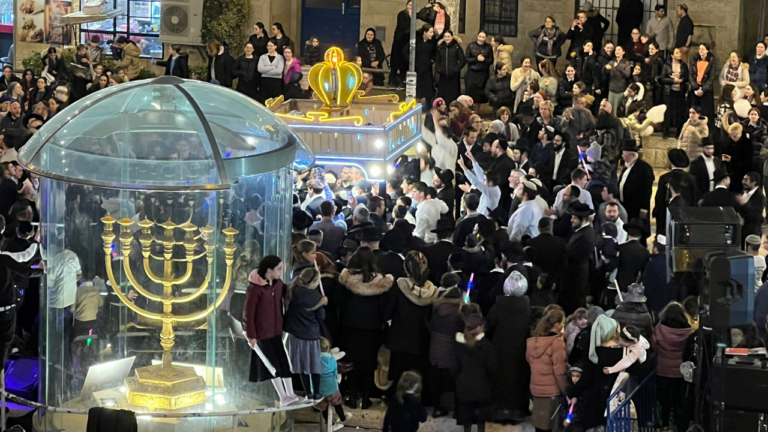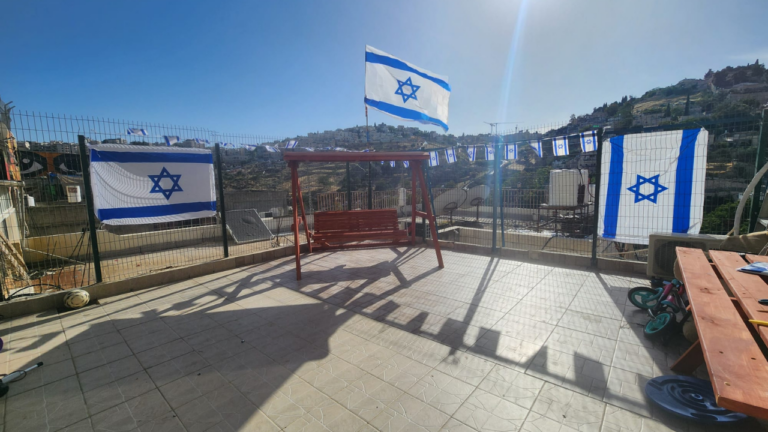From The Earthquake of Sinai to the Peace of Jerusalem
This week the world experienced a devastating and frightening earthquake. As believing Jews, we should “live with the parsha of the week” meaning that we should look into the weekly Torah reading for insights into current events. One small angle that emerges from such an analysis leads us from the devastation of the earthquake to the serenity of Yerushalayim.
Our parsha records the story of the Giving of the Torah. In addition to the Ten Commandments themselves, the Torah spends much time describing the supernatural events that took place before and during the divine revelation. There was thunder, lightning, a heavy cloud and a fire atop the mountain. Then the Torah says:
Now Mount Sinai was all in smoke, for God had come down upon it in fire; the smoke rose like the smoke of a kiln, and the whole mountain trembled violently.
What does it mean that the mountain “trembled?” Some commentators, such as the Bechor Shor, interpret this phrase metaphorically. The mountain did not physically shake, rather, anyone who looked at it would tremble in fear. Many other commentators, though, assume that the verse should be understood literally, meaning that the mountain experienced a form of a local earthquake.
No matter the direction one takes on this question, there was certainly a fearful, earthquake-like element to the Giving of the Torah. This is already referenced in Tehillim. Chapter 68 of Tehillim begins by praying for God to intervene in the Jewish people’s wars to bring them military victories:
God will arise, His enemies shall be scattered, His foes shall flee before Him Disperse them as smoke is dispersed; as wax melts at fire, so the wicked shall perish before God.
A few verses later, the chapter draws on the episode at Mount Sinai as a model for God’s frightening appearance:
O God, when You went at the head of Your army, when You marched through the desert, selah, the earth trembled, the sky rained because of God, Sinai, because of God, the God of Israel.
Once again, the commentators debate if this verse refers to earth literally trembling at Sinai or not. However, the general point is clear. God’s appearance at Sinai caused an earth-quake like fear and that is the way that we pray that God should appear to our non-Jewish enemies. God should overwhelm them and terrify them, as He did to the Mountain of Sinai.
Interestingly, though, this is not the way the chapter ends. Later in the chapter we read:
from Your temple above Yerushalayim, the kings bring You tribute… O kingdoms of the earth, sing to God; chant hymns to the Lord, selah.
Here, the setting has shifted from Mount Sinai to Yerushalayim. With this shift in location, we see a different relationship with God. In Yerushalayim, God does not cause the nations of the world to tremble and quake in fear. Rather, they recognize His majesty, sing His praises and bring Him tribute.
It seems that this is the ideal vision. While God’s approach to Sinai is important and can be used to scare barbarous nations, His more perfect relationship with the world will flourish in Yerushalayim. There, He will be king to His loving subjects, who will come to His city to bask in His presence.



